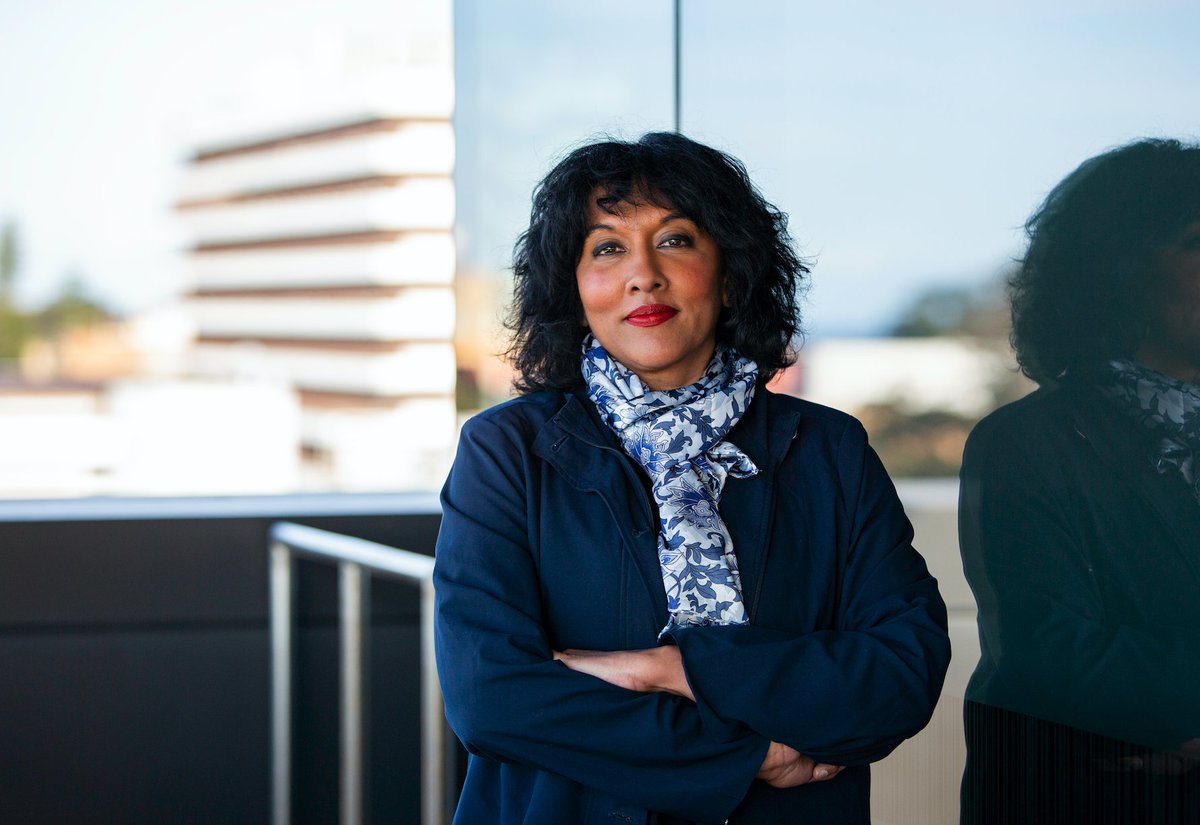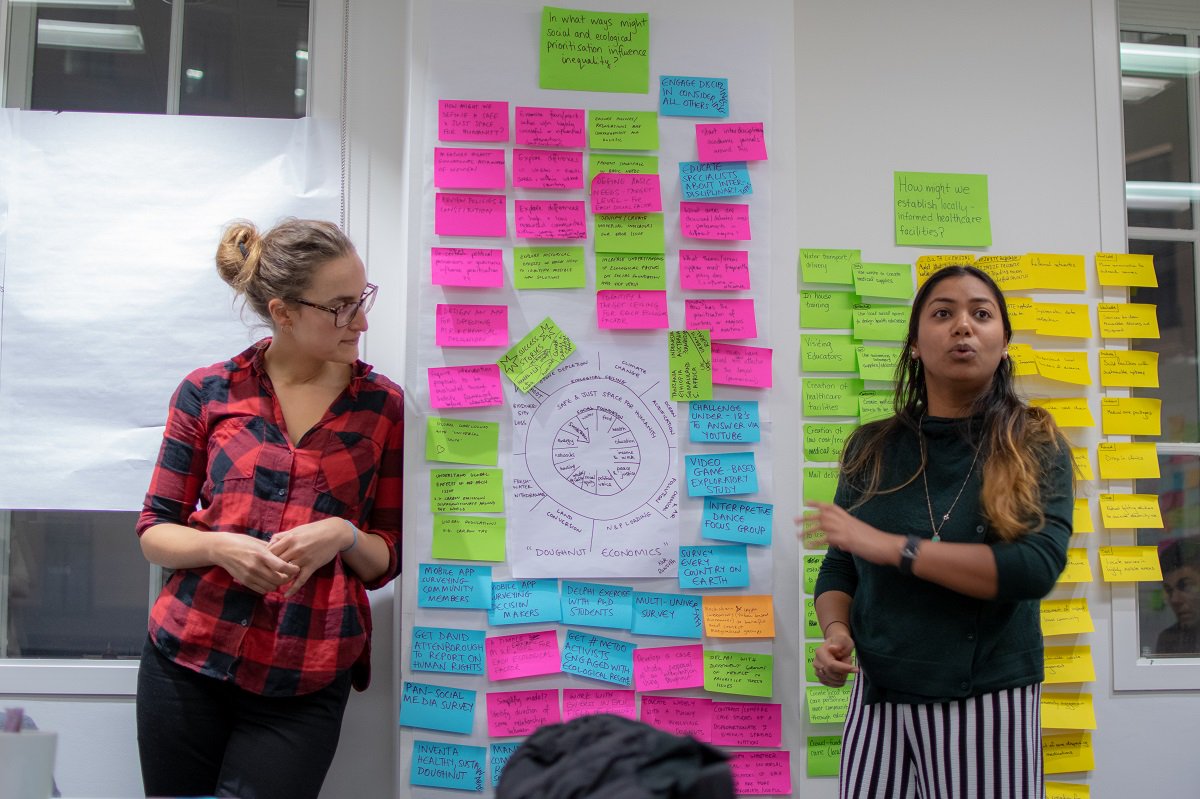There is a significant need for environmental humanists to develop resources and systematic approaches to collaboration, public participation, and engagement, and to rethink the ways transformation or ‘impact’ is defined and measured.
Discussion, presentations and activities in this workshop will focus on the question: How can the environmental humanities more meaningfully engage with the idea of ‘impact’ a requirement of many funding applications, but one that is often thought to be antithetical to the aims of humanities research?
Leading humanists and cultural geographers who are at the forefront of piloting systematic approaches to interdisciplinary collaboration and humanities methodologies and evaluation will be presenting and collaborating:
> Mike Hulme | University of Cambridge
> Giovanna di Chiro | Swarthmore College
> Kyle Powys Whyte | Michigan State University
Jennifer Jewiss, a leading qualitative evaluation scholar and practitioner from the University of Vermont, will facilitate intermittent discussions. Jennifer will brief participants on the rapidly evolving discipline of evaluation, exploring how these two growing fields environmental humanities and evaluation can inform and inspire each other while seeking to measure transformation/impact in more meaningful ways than the constraining metrics of traditional grant outputs and evaluation methodologies typically allow.
Humanities for the Anthropocene: developing new approaches to knowledge, engagement and impact is a PLuS Alliance Research Project, led by Professor Gary Dirks (ASU), Professor Rimjhim Aggarwal (ASU), Professor Joni Adamson (ASU), Dr George Adamson (King’s), and Associate Professor Cameron Holley (UNSW).
WORKSHOP FULL



